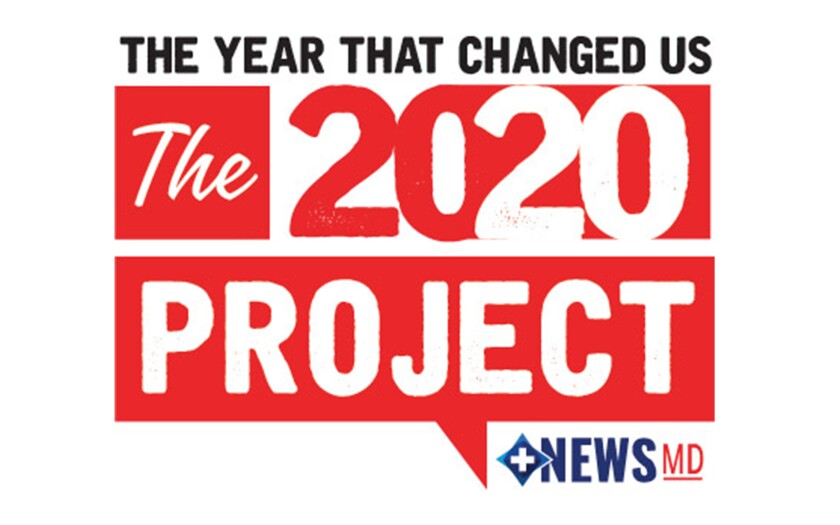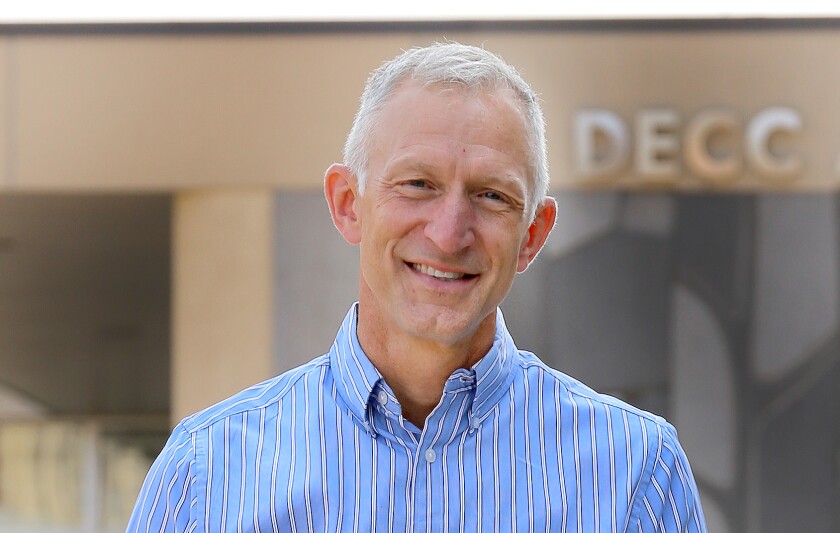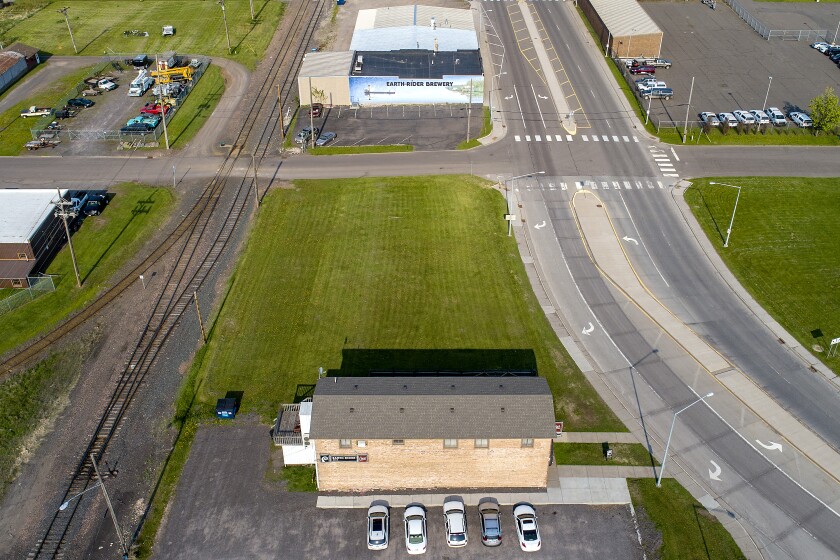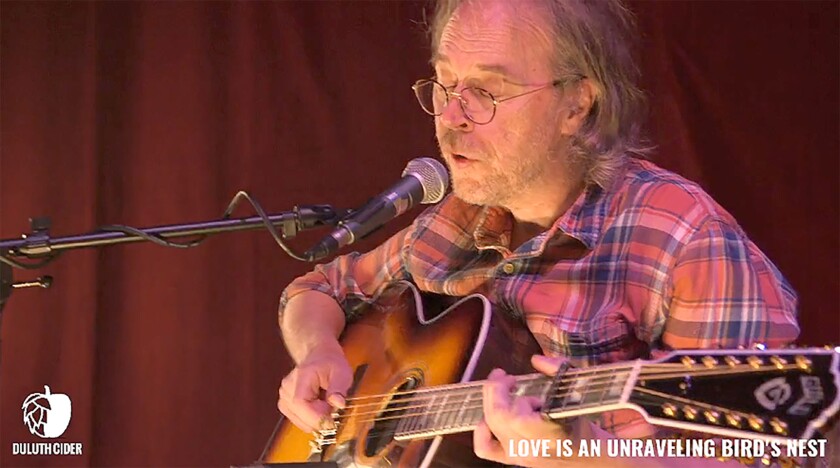DULUTH ŌĆö The last concert Greg Carlson saw live was Robert Plant at Bluestem Amphitheater in Moorhead, Minn. ŌĆö a bucket-list show that he went to alone in September 2019, drawn also by the Led Zeppelin frontmanŌĆÖs tour-mate, Lillie Mae.
The Fargo, N.D.-based professor, who teaches at Concordia College, is a major music fan whose first show was by a Los Angeles punk band with an unprintable name when he was in seventh grade.
ADVERTISEMENT
ŌĆ£That was a galvanizing experience,ŌĆØ he recalled.
Since then, Carlson has seen hundreds, maybe thousands, of live shows: Ray Charles, B.B. King, Paul McCartney, Bruce Springsteen, U2, R.E.M. His favorite live performer was Prince, who he saw four times, including an intimate show at the Oslo Concert House in Norway.
Now the self-described rule-follower hasnŌĆÖt seen anything live for a year. He had tickets to a couple of Ween concerts ŌĆö and when the shows were postponed, he held the tickets instead of taking a refund. Meanwhile, Carlson hasnŌĆÖt streamed a small-venue performance on his phone or stood 6-feet away from other humans at an outdoor space. He is, instead, a vinyl collector making use of his designated listening room.

ŌĆ£What I did to fill the void was listen to a lot of music at home and cry,ŌĆØ he said.
The live-music scene shut down in March in response to COVID-19, leaving fans, musicians, venue operators, promoters and others who work in the biz scrambling to find creative ways to bring music to people ŌĆö while also social distancing and wearing masks. Now, with vaccines a tangible reality, some in the entertainment business are seeing bright lights and the return of crowds on the horizon. But normalcy might have a twist ŌĆö including alternative venues, a need for flexibility, and streaming options that were implemented during the peak of the pandemic period.
ADVERTISEMENT
Jade Nielsen, the longtime promoter behind , was following the pandemic as it rolled through Europe and the West Coast last winter. He was quick to act as COVID-19 cases cropped up in the Midwest.
ŌĆ£We were most certainly among the first businesses to shut down and among the last to start to operate in any sense of normal,ŌĆØ said Nielsen, whose company focuses mostly on the Fargo-Moorhead area, but also sets up events in the Duluth market, including concerts at Symphony Hall and the NorShor Theatre.
Stream on
Mid-February 2020: A tourist destination on the Mississippi River drew a couple thousand music fans to the city for a relatively new, two-day event. Big Turn Music Festival in Red Wing, Minn., scheduled 209 bands to play at nearly two dozen venues ŌĆö among them the American Legion, United Lutheran Church, coffee shops, pubs and pizzerias.
While it was among one of the final large-scale music events before Minnesotans were asked by Gov. Tim Walz to shelter in place, its fans wonŌĆÖt be so lucky this year.
ŌĆ£I made the decision, probably back in September, that the festival for 2021 would not be a terrestrial event or an in-person festival,ŌĆØ said founder Sam Brown, a Red Wing native who also started Mid West Music Fest in Winona, Minn.
Brown was quick to shift his attention online with , a free live-streaming, crowd-sourced music festival ŌĆö Courtney Yasmineh, The Brothers Burn Mountain, Mother Banjo and more ŌĆö that was held in April and will likely get another run in 2021.
(Its continues to aggregate live performances from regional musicians.)
ADVERTISEMENT

Streaming concerts is here to stay, predicted Roger Reinert, executive director of the . The venueŌĆÖs operators have spent this event-light period integrating touch-free ticketing and cashless exchanges, making aesthetic adjustments and building in a way to bring performances to a home audience that wonŌĆÖt soon feel comfortable in a crowd.
ŌĆ£We anticipate a lot of bigger events will be in-person and virtual,ŌĆØ Reinert said.
Nielsen has had a handful of virtual events, he said, that incorporate local business to create a package: streaming plus dinner plus drinks ŌĆö all at home. HeŌĆÖs planning on expanding the model to include other cities like Bismarck, Duluth and Rochester.
Nielsen has found that audiences are eager to return, but in the meantime, people are tempering their expectations. Recently, a new headliner had to be called in for one of his events, but ticket holders rolled with the new lineup.
An interest in streaming varies from concert-goer to concert-goer. Reinert would rather be face-to-face ŌĆö whether itŌĆÖs a show at Amsoil Arena or grabbing drinks with friends.
ADVERTISEMENT
Brown, though, is content to view from home. He was a student at Willamette University in Salem, Ore., when YouTube started gaining viewers. He had a YouTube-famous classmate, and sought his help recording and uploading his own live show to the platform. Now, more than a decade later, he might geek out over a Metallica concert and all the behind-the-scenes action available for public consumption.

Gone outside
In the summer of 2019, the keepers of and its taproom, Cedar Lounge, began billing the land between the two buildings ŌĆö which could potentially hold about 2,000 people ŌĆö as Earth Rider Festival Grounds. A year later, as all events shifted outside, the grounds in Superior, Wis., became a go-to for craft beer and music fans.
ŌĆ£COVID hit, and everybody wanted to be outside,ŌĆØ said Brad Nelson, the companyŌĆÖs director of brands. ŌĆ£It's helped establish the space.ŌĆØ
This past summer, legions of acts played there: Charlie Parr, Good Morning Bedlam, Dead Man Winter, Kid Dakota and more.
The Earth Rider crew beefed it up by building a stage. As the season went on, they rented a tent. When it got cold, they added a furnace. Earth Rider Festival Grounds remained active through the North Country Holidays: Market & Musical Revue on Nov. 28.
ADVERTISEMENT
There are plans to have bonfire pits and skating available through the winter.
ŌĆ£One thing weŌĆÖve learned is that weŌĆÖll do more outdoors than we have been,ŌĆØ Nelson said.
In Rochester, Brother Ali was among a half-dozen artists to play shows in parking lots around town. The Minneapolis hip-hop act was at John Marshall High ═ß═ß┬■╗Ł, with overflow online, on the land adjacent to other high schools and community centers. There was a ŌĆö a drive-in battle of the bands where the videos played on a large screen, and the music was available via a radio dial. Patrons used their headlights to vote for the winners. Social distancing and masking rules applied.
ŌĆ£That ended up being a successful event,ŌĆØ said Tyler Aug, who was one of the eventŌĆÖs producers and a member of the Rochester Posse, a group that ŌĆö in addition to promotions ŌĆö creates video recaps of events.

A return to normalcy, or something like it
There has been an unpredictable positive to come from a stalled music scene. Nielsen said he is getting inquiries from artists that have never before played in his markets.
ADVERTISEMENT
ŌĆ£I just got asked this week about two or three events that are very exciting in 2022,ŌĆØ he said. ŌĆ£This might end up helping cities like ours see shows we havenŌĆÖt ever seen. There are some artists that are wanting to go out and do unique things and play places theyŌĆÖve never been before. Anytime there is a substantial shift in business and life, it gives time to ponder what their next steps are going to be.ŌĆØ
Reinert anticipates a slow start to 2021. His eyes are on the summer at Bayfront Festival Park, the outdoor venue on the Duluth Harbor Basin managed by the Duluth Entertainment Convention Center.
ŌĆ£I think weŌĆÖre really fortunate in the Northland with just how the timing is going to work in the next six to nine months,ŌĆØ he said.
Nielsen said he thinks outdoor concerts, masked and distanced, will happen this summer. By the fall, things might be more normal.
Carlson hopes so. He wants to see the Ween show at Big Sky Brewery next summer in Missoula, Mont. And heŌĆÖs comfortable with going, he said, if:
ŌĆ£I think IŌĆÖll be comfortable going when I can get the vaccine,ŌĆØ he said. ŌĆ£My whole family, weŌĆÖre ready to do it. WeŌĆÖre waiting our turn in line. Even if we have to wear masks, IŌĆÖd be totally fine.ŌĆØ
This story is part of a 13-day series that looks at all the ways 2020 has changed us. From now until 2021, expect stories on workplace and education, sports, economics, politics and everything in between.









